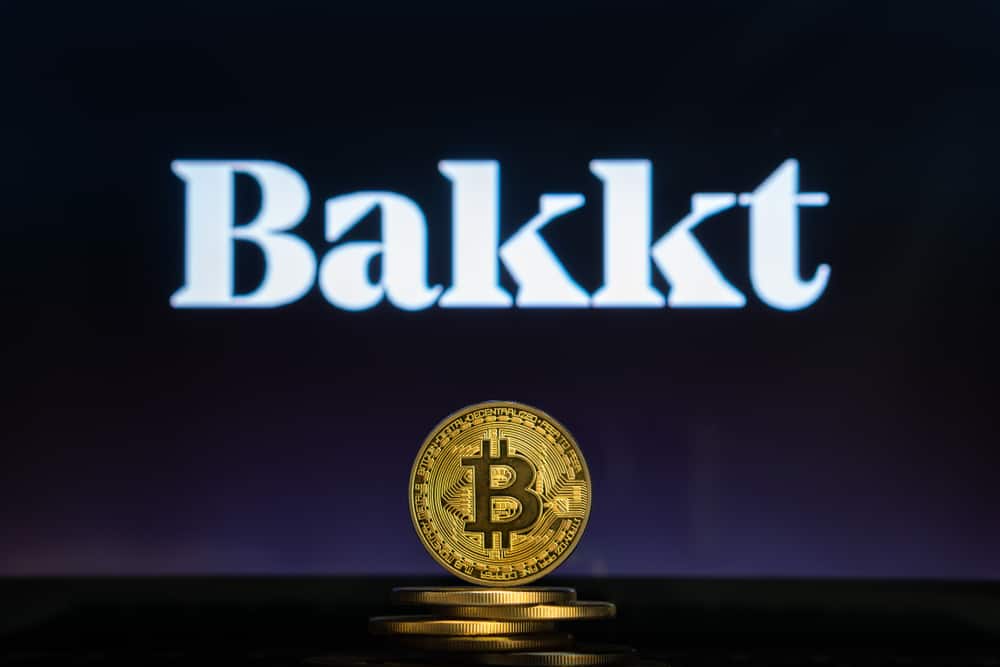Launched with the primary goal of making digital assets more liquid, trusted and accessible, Bakkt, an Intercontinental Exchange (ICE) owned venture working towards launching a new type of Bitcoin futures, has faced regulatory snags resulting in repeated delays.
ICE’s business venture has been discussing with regulators alternative plans to handle the launch of its futures contracts while also complying with consumer funds protection procedures.
So far, the ICE Bakkt initiative initially planned for November 2018, hasn’t been able to get the green light from the Commodity Futures Trading Commission, CFTC.
In its progress report published on March 29, Bakkt CEO Kelly Loeffler revealed that the venture has been working closely with the CFTC, “on an extensive process to obtain regulatory approval” for launching the much-discussed physically delivered Bitcoin futures, without specifying a precise launch date. She added:
“We are making solid progress in bringing the first physical delivery price discovery contracts for Bitcoin to the U.S., where price formation will occur in federally regulated, transparent markets.”
The delay was apparently the result of a fundamental ongoing disagreement between ICE and the CFTC over how Bakkt is going to be regulated. CFTC’s response to Bakkt’s plan to store customers’ digital assets, was ordering a full disclosure of its business plan and a public comment period according to persons familiar with the matter cited by the Wall Street Journal last month.
What Are the Bitcoin Futures That Bakkt Wants to Launch?
Simply put, futures products are financial instruments that firms can use in order to protect themselves against price swings. Bakkt’s bold plan was to launch a fully compliant Bitcoin futures contract on the same exchange where the company lists commodity futures like cotton and Natural Gas.
ICE wanted to give institutional investors access to a burgeoning market, giving them exposure to Bitcoin derivatives, and mitigating loss risk through avoiding having to hold Bitcoin themselves.
ICE revealed that its Bitcoin futures would be a daily, physically delivered contracts where at the end of each day, firms trading the futures would settle gains and losses by accepting Bitcoin or delivering them to Bakkt’s custody, which is basically a secure vault for the storage of crypto assets
Consequently, Bakkt found itself faced with the responsibility of handling customers’ digital assets, triggering all kinds of questions on how the CFTC should regulate such a project. One of those questions being how crypto assets would be disposed of in the case where either Bakkt or one of its customers file for bankruptcy. Besides, the absence of precedent made it even tougher for both the regulator and the business venture.
While in typical futures contracts customers put dollars as collateral in a bank or trust company, Bakkt wants collateral to be paid in cryptocurrency, raising yet another unresolved regulatory issue.
From its end, the CFTC presented Bakkt with a few options: one would be for Bakkt to register as a trust company, a process that may turn out to be lengthier than what it sounds.
An Answer to the Lingering Issues?
Bloomberg reported in an article published April 18, that ICE is now considering the alternative of seeking a license from the New York Financial regulators, in order to permit the venture itself to hold custody of its customer’s digital assets, citing people familiar with the matter.
CFTC, which can recognize state bank and trust licenses could eventually allow ICE the listing of its derivative product through a self-certification process, should Bakkt get New York department of financial services approval to hold digital assets. The Bloomberg article further reads:
“The CFTC, which doesn’t police the spot market for Bitcoin, is still likely to require public comment on Bakkt or have an ICE panel that assess risks approve the futures contracts, the person said.”
In fact, Adam White, the COO of Bakkt, has previously held that the company must keep on working constructively with regulators in order to advance the process.
Bakkt is also working on building a regulatory compliant, institutional grade digital asset custodianship product, and wants it to set the standard in digital asset security.






